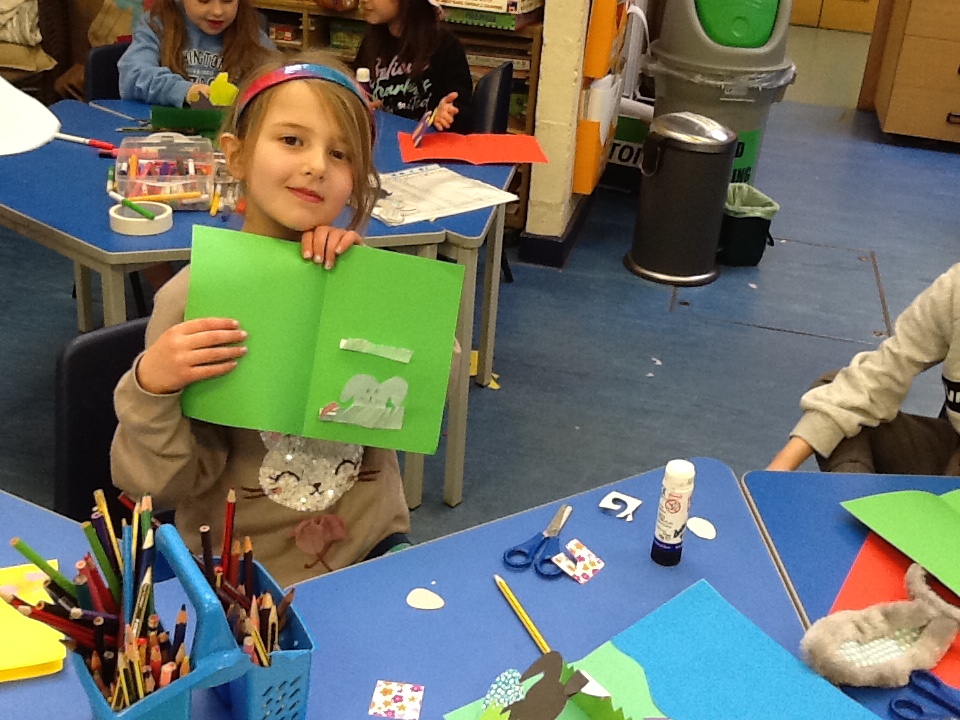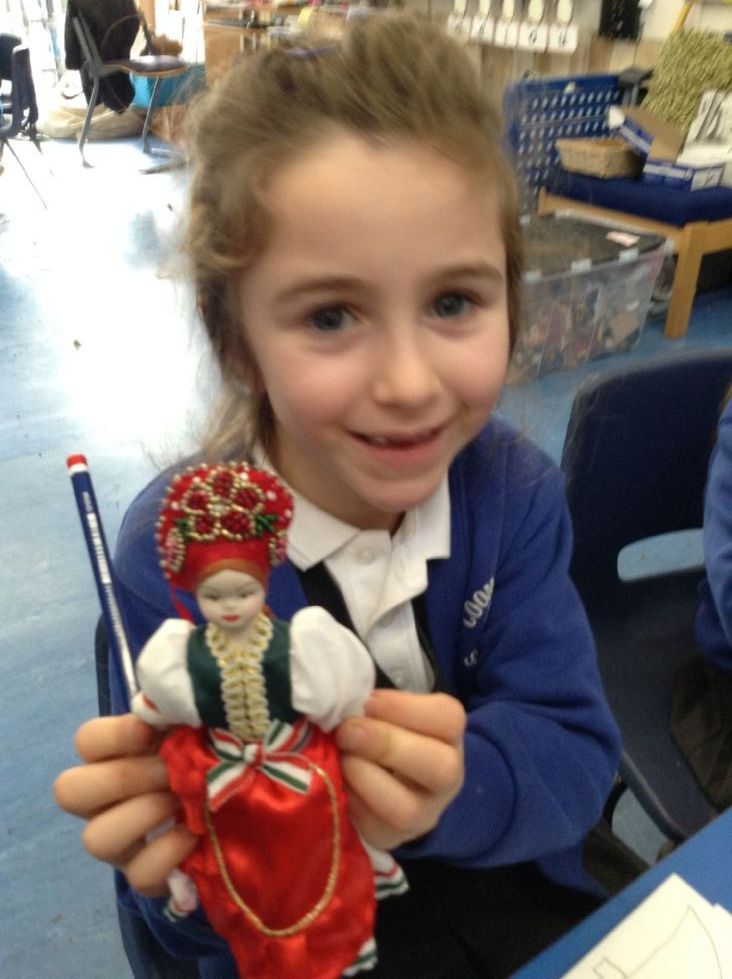Curriculum
We have designed a curriculum that is ambitious for all our pupils. It is planned and sequenced to ensure children gain knowledge and skill, year on year, in all subjects. Our curriculum is broad and balanced and is designed to meet the needs of our diverse community and those pupils with special educational needs and/or disabilities. This has been achieved through collaborative work with parents, pupils and staff, enabling us to successfully identify gaps in learning which we then aim to fill.
Our curriculum priorities are as follows:
1. Language
We ensure that reading, vocabulary development and good spoken English are at the heart of everything we do. Our curriculum is designed to expose children to high quality texts and excellent modelling of language which allow many opportunities for speaking (oracy) and listening.
2. Long term memory: knowing more and remembering more
We ensure that our teaching and learning focuses on the key concepts in each subject. These concepts are carefully sequenced to enable links to be made between subjects and prior learning. Our cyclical curriculum provides strong daily routines to reinforce continuous learning.
3. Positive mental health
Positive mental health is vital for learning to take place. SMSC (Spiritual, Moral, Social and Cultural development) is at the core of everything we do to ensure that our children feel at ease, have self-confidence and are ready to learn. Our Learning Behaviours are linked to our PSHE scheme and are evident in everyone's approach to learning and to play. “Wellbeing is a crucial component of emotional intelligence and good mental health.” (The Leuven Scales for Wellbeing and Involvement).
And this is how we achieve it:
Curriculum Implementation
At Coombe Hill Infant School, we deliver the National Curriculum Core and Foundation subjects in a coherently planned and sequenced way. Our curriculum is broad, balanced, rich and diverse in order to allow all children to access the learning, have quality first hand experiences, thrive and achieve their potential. We make links between learning in different subject areas to ensure that learning is relevant and purposeful.
English and Maths
The teaching and learning of English and Maths is high priority at CHI. These subjects are crucial for our children to access all areas of the curriculum.
English - Reading, Oracy, Phonics, Writing, Comprehension
We are an Associate School of The Power of Reading programme:

Reading is such an important life skill and it is at the heart of everything we do. We encourage our children to become confident readers by immersing them in a language rich environment with high quality stories and books at their fingertips. Focusing strongly on vocabulary development, we aim to enrich children’s command of spoken English and improve their oracy. This is proven to have an impact on children’s comprehension and writing skills. All children learn to read in slightly different ways and our highly skilled teachers encourage the children to develop a variety of reading skills and strategies. Reading for pleasure is absolutely key to improving children’s engagement with books and reading and we ensure that all of the children are read to in class by teachers. Our aim is to develop the will and the skills to create life-long readers. Parental support is vital to early reading skills and we thank you all for supporting your children.
The key areas for the discrete teaching of reading are Phonics, 1:1 reading, shared reading, whole class reading, guided reading and the teaching of comprehension.
Systematic Synthetic Phonics (knowing the sounds the letters make) is the foundation which allows young readers learn the sounds progressively, access simple texts and engage in early reading. We follow the Letters and Sounds sequence. In Reception, the letter sounds are introduced sequentially and built upon in Year 1 as more complex sounds are introduced. In Year 2, we ensure there are no gaps in the children’s learning and reinforce the prior learning. Alongside, phonics, our children learn “sight words” through games, patterns, repetition and using and applying.
Writing - We encourage children to believe in themselves as authors. Drawing on their growing reading skills, we ensure that opportunities for writing are available in all areas of the curriculum and make sure that the children write for a real purpose and reason. As the children grow in confidence, we teach them how to proof-read and check their writing makes sense and then how to make revisions and additions in Year 2, so they can improve their writing.
Comprehension - We develop the skills of comprehension alongside the decoding and sight reading skills to ensure that children learn to read and comprehend at the same speed. We teach this skill from the beginning of Reception through reading to and with the children. In Years 1 & 2, we focus on the teaching of comprehension through oral and written activities linked to our quality texts.
Maths
We teach Maths following the guidance around small steps of progression in The White Rose Maths Hub scheme, an approach developed by the National Centre for Excellence in Teaching Mathematics.
Fluency, Reasoning and Problem Solving are at the heart of the approach. It uses the Concrete, Pictorial, Abstract (CPA) approach to support children's learning and progression. A concrete approach refers to the physical resources that children can manipulate to support their learning; examples include clocks, place value counters and bead strings. A pictorial approach refers to the visual models that can be used to support the understanding of methods and concepts, such as part-whole models and open number lines. Finally the abstract approach, is the written method that the progression of skills and knowledge works towards, an example of this is partitioning of 2-digit numbers into columns for addition and subtraction.
By embedding this approach we are allowing pupils to spend enough time to fully explore a topic, reinforcing it with practice, before moving onto the next one. All ideas are built on previous knowledge and pupils have ample opportunity to develop relationships between topics. Ensuring staff use a common and precise mathematical vocabulary is crucial to ensuring children have clarity on the concepts they learn.
Our house style at CHI
We want the very best for our pupils. The staff worked together to create a description of the teaching and learning you will find in every classroom.





